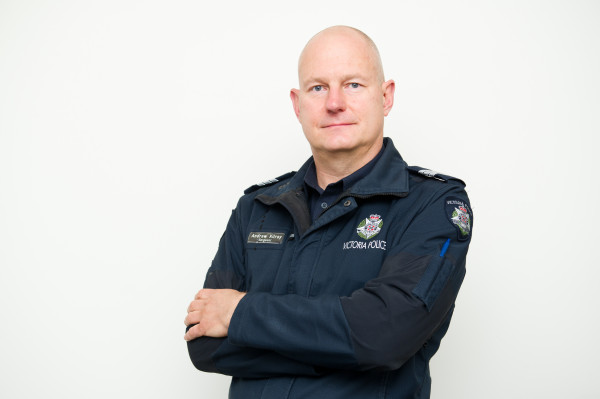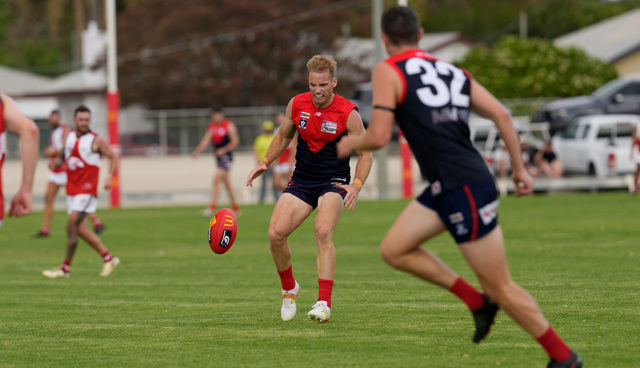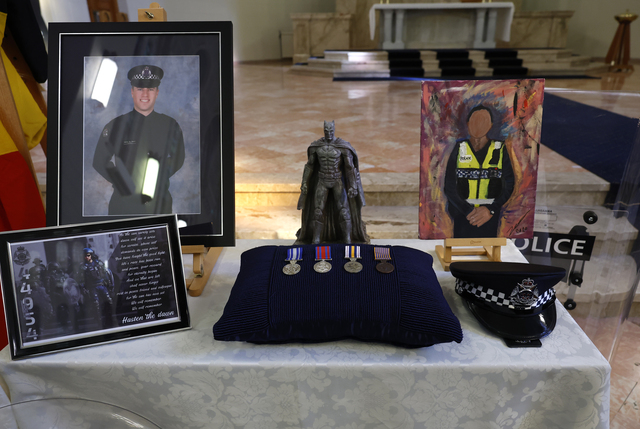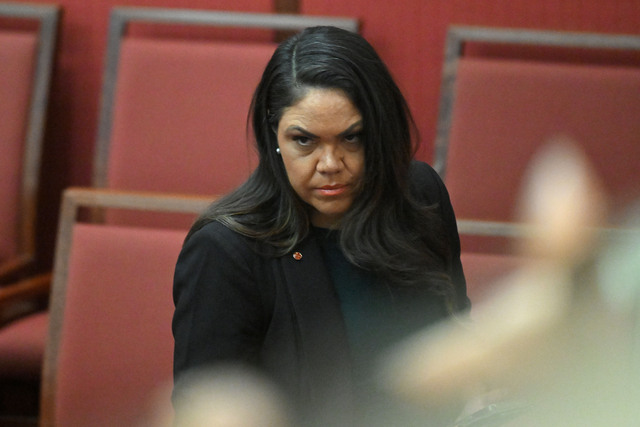With Mildura Police Sergeant Andrew Kilroy
PEOPLE call them accidents. Police call them collisions.
One of the worst jobs police do is attending fatal collisions. Sadly, it is something that occurs way too often.
Initially, our radio operator will broadcast the job over the air and ask any units clear to attend a collision with injuries. When we are driving to the job, we get further updates. We make sure that ambulance and fire fighters are on the way to assist. The operator’s voice comes over the radio saying, “All units heading to this collision, it appears as though one person is deceased.”
It is always great to see other flashing lights at the scene. This hopefully means that the paramedics are there and helping those in need. While we are first aid trained, it is still horrible being first on scene with broken bodies and little knowledge on how to best help.
We are trained to protect life and property. This translates to us immediately checking everyone involved for signs of life and assessing injury. We try to keep people away from a roadway that may have cars still barrelling along, oblivious to the carnage. We position cars and request other police cars to attend to help make the scene safe.
From there, we put on the investigator’s hat. Preserving the scene, identifying those involved, the witnesses. Sometimes, this is akin to herding cats. We try to keep intact pieces of wreckage and skid marks that could prove crucial in determining how the collision occurred.
The welfare of witnesses and other parties to such a terrible incident becomes a priority. We offer referrals to support agencies to help them get over the trauma.
The worst job of all comes when we must steel ourselves and knock on a stranger’s door. Breaking the awful news to a parent, wife, husband or other relative has the most profound effect on a police officer. Personally, I take solace in the fact that I am helping break the news in a professional but warm-hearted manner and I truly have the family’s well-being in mind.
Once the dust settles, investigators determine the cause. I have never attended an accident, only collisions. In each one, somebody has made an error of judgement with dire consequences.
So when you next see a police officer handing out a ticket to a motorist, consider that it may not have been that long ago that officer tackled this monumental challenge and the intercept is done in the hope that driver behaviour will change.
We sound like a broken record but please, don’t drink and drive. Buckle up and get rid of distractions. Trust me – it is not worth it.Andrew Kilroy works in the Community Engagement Unit at Mildura Police Station







